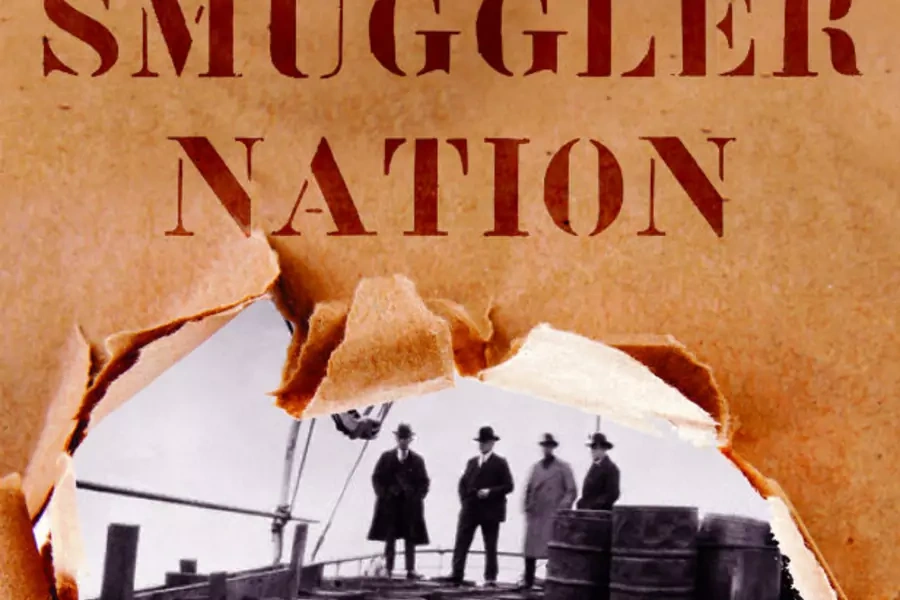More on:
In Smuggler Nation: How Illicit Trade Made America (Oxford University Press, 2013), Peter Andreas, a professor in the Department of Political Science and the Watson Institute for International Studies at Brown University, illuminates the long history of U.S. smuggling. From inciting the Revolutionary War (and later helping George Washington and his troops gain the advantage) to jump starting America’s Industrial Revolution through stolen technology and human know-how, from later perpetuating the slave trade and the Civil War, to more recently providing workers for U.S. farms and service jobs (all the while catering to America’s vices), smuggling has been part of the breadth of U.S. history.
In this well-researched and thorough telling, Andreas shows that the current concerns and declarations of a new global criminal age suffer from historical amnesia. He coherently argues that rather than being a modern aberration, organized crime (what we call smuggling today), has for centuries been part of the global economy and our own history.
Perhaps more provocatively, Andreas puts forth that the modern United States—both its economy and government—was in part created by this smuggling. He argues (at least implicitly) that the United States would not have become as strong and influential without smuggling and crime, perhaps never having gained independence, never having catapulted forward with the Industrial Revolution, or never having created the riches for so many of America’s lauded benefactors (Andreas points out one, John Brown, whose illicit profits founded Brown University).
In responding to these illegal groups and markets, Andreas shows how the U.S. federal government repeatedly expanded its authority, jurisdiction, and capacities. In fact, in the wake of independence, one of the new government’s first actions was to expand customs. Andreas recounts how each new illegal challenge led to the creation and/or strengthening of bureaucracies, policing forces, surveillance tools, and the like, including the FBI, the DEA, the Coast Guard, and even the Navy (he has a great anecdote about the many public servants who began their careers breaking the prohibition-era smuggling codes used to arrange booze drop offs and then later went on to aid the Allies in deciphering coded German transmissions during WWII).
While revealing the continuity of these illegal markets overtime, Andreas also illuminates a shift in U.S. policy from regulation to prohibition. He argues that while smuggling first largely involved efforts to get around regulations—usually tariffs—a prohibitionist streak later grew, with the United States outlawing products outright. From pornography to alcohol to a myriad of drugs, this shift changed the nature of the fight, greatly increasing the need for the U.S. government to build up its law enforcement efforts, as the goal was to stop rather than to just control.
Reading Andreas’s engaging book, you can find lessons for other nations. As countries around the world—including many in Latin America—face drug smuggling and organized crime more generally, U.S. history suggests that this is a state building moment. To be sure, the United States’ path was not often pretty. Andreas shows that it was rife with racism, anti-immigrant hatred, and rampant violence. But it was vital to the creation of the state we have today—something long forgotten. And if the United States has a profound lesson to impart in the global war on drugs, it is this.
More on:
 Online Store
Online Store
